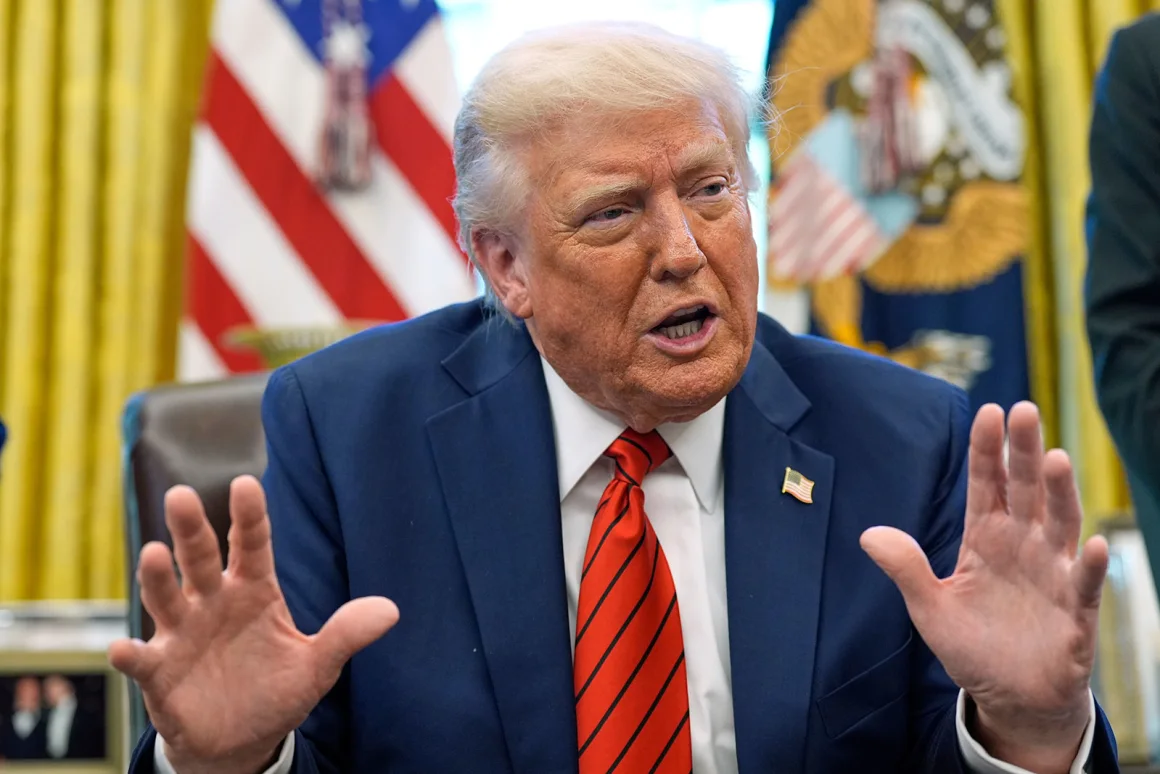U.S. President Donald Trump launched a fresh verbal assault on Federal Reserve Chair Jerome Powell this week, reigniting concerns about the independence of the central bank and raising fresh fears among financial markets.
“If I want him out, he’ll be out of there real fast, believe me,” Trump told reporters in the Oval Office on Thursday. “I’m not happy with him.”
Trump’s frustration stems from Powell’s resistance to lowering interest rates despite repeated presidential demands. While the Fed cut rates three times last year, it has since paused, citing economic uncertainty and concerns over inflation—some of which stem from Trump’s own trade and tariff policies.
Tariff Policy at Odds With Economic Reality
The president’s anger appeared to peak following Powell’s Wednesday speech to the Economic Club of Chicago, in which he warned that tariffs could drive inflation and unemployment, adding that their burden “would be paid by the public.”
The comments, while widely supported by economists, contradicted Trump’s insistence that tariffs would boost U.S. strength without affecting consumers.
The timing of Trump’s criticism is also significant. It came amid a broader defense of his economic policies and an attempt to shift blame for market instability. “If things continue to go down and a deal is not made, he’s going to blame the downturn in the market on Jay Powell and say that it was because he didn’t cut the rates,” said Wall Street trader Peter Tuchman on CNN.
Political Pressure and Market Risks
Trump’s comments suggest his desire to use the Fed to serve political ends. “He’s going to have a lot of political pressure. You know … I think there’s a lot of political pressure for him to lower interest rates,” Trump said.
Critics say this is precisely why the Federal Reserve was established as an independent institution in 1913—to insulate it from short-term political interests. Sen. Elizabeth Warren, a frequent Powell critic, defended the Fed chair on CNBC, warning that firing him “will crash markets in the United States.”
“If interest rates in the US are subject to a president who just wants to wave his magic wand, this doesn’t distinguish us from any two other two-bit dictatorship,” Warren added.
Can Trump Fire Powell?
Despite Trump’s rhetoric, legal experts argue the president cannot easily fire Powell. Fed board members are protected from arbitrary dismissal, though the Trump administration is hoping the Supreme Court will revisit a 1935 precedent that currently safeguards that independence.
For now, advisers like Treasury Secretary Scott Bessent have reportedly talked Trump out of taking action. The Wall Street Journal noted that Bessent called monetary policy “a jewel box that’s got to be preserved,” though his influence may be limited in a White House known for sidelining internal dissent.
Powell’s Record Amid Growing Uncertainty
Powell, appointed by Trump in 2018 and reappointed by President Joe Biden, has steered the U.S. economy through COVID-19 and a historic inflation spike. Under his leadership, inflation has dropped from over 9% to 2.4% without triggering mass unemployment—an outcome many analysts doubted was possible.
His term runs through May 2026. But even talk of firing him, analysts warn, could spook investors already rattled by Trump’s volatile trade policies and unpredictable governance.
Economic Fallout of Political Pressure
Trump’s tariff war—including 145% duties on Chinese goods—has already contributed to rising consumer prices and supply chain instability. Companies are struggling to plan ahead, consumer confidence is falling, and fears of a recession are growing.
Even if Powell remains in place, ongoing public attacks from the president could erode trust in the Fed and U.S. economic institutions. For this reason, most presidents, regardless of party, have historically understood that interest rate policy is best left to an independent central bank.






